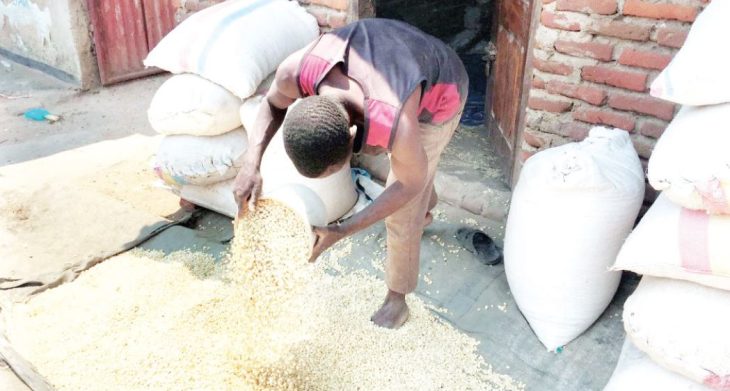
Thriving in Malawi: Navigating Economic Growth and Opportunities
Key Business Points
- Malawi’s high inflation rate does not meet the full criteria for a hyperinflationary economy under International Accounting Standards 29 (IAS 29).
- The country’s functional currency, the Kwacha, remains valued by the population and is used for transactions, despite high inflation pressures.
- Businesses should focus on understanding the underlying causes of inflation, including food shortages and public debt, to make informed decisions about investments and pricing.
Malawi’s economy has been grappling with high inflation rates, with the Institute of Chartered Accountants in Malawi (Icam) reporting that the country’s cumulative inflation over a three-year cycle reached 118.4 percent as of March 31, 2025. However, Icam’s President Daniel Jere notes that this does not necessarily mean Malawi meets the full criteria for a hyperinflationary economy under IAS 29. According to IAS 29, hyperinflation is indicated by factors such as prices, interest, and wages linked to a price index, and cumulative inflation of 100 percent or more over three years.
Despite exceeding the quantitative inflation threshold, Malawi does not display the qualitative indicators of hyperinflation, such as widespread use of foreign currency to preserve purchasing power or prices and wages being indexed to inflation. Most prices remain quoted in Kwacha, and the population continues to value it as legal tender for transactions in the country. Economist Velli Nyirongo notes that while Malawi’s inflation rate is high, it is not enough to be considered hyperinflation, as other signs such as quick spending of money and prices tied to inflation are not present.
Blantyre-based economist Marvin Banda agrees that Malawi’s inflation is a food and public debt problem, rather than a hyperinflationary economy. The stability of interest rates and the continued use of the Kwacha as a medium of transaction indicate that the economy still trusts the currency, despite its weakness. Banda notes that the high appetite for public debt is also an indicator that the economy does not trust foreign currency, and that the inflation build-up is transitory. As Malawi’s business community looks to navigate these challenging economic conditions, understanding the underlying causes of inflation and making informed decisions about investments and pricing will be crucial for success.
What are your thoughts on this business development? Share your insights and remember to follow us on Facebook and Twitter for the latest Malawi business news and opportunities. Visit us daily for comprehensive coverage of Malawi’s business landscape.
- Revitalizing Malawi’s Economy: Lower Food Prices Signal New Growth Opportunities - January 31, 2026
- Revitalizing Malawi’s Economy: Tackling Climate Related Underfunding for Sustainable Growth - January 30, 2026
- Navigating Malawi’s Fiscal Crossroads: Strategies for Business Resilience Amidst Rising Debt - January 29, 2026
